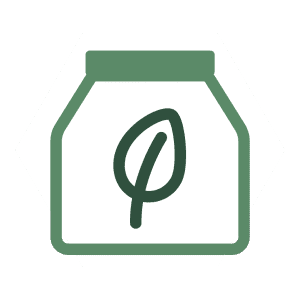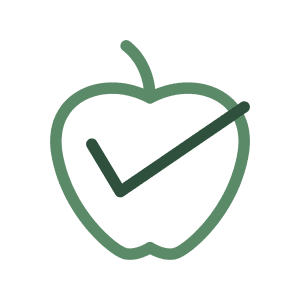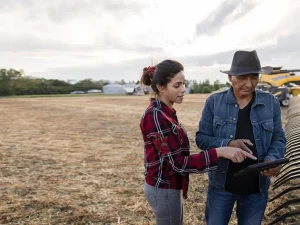
Our Approach
We seek to make a collective team in each location, working in a collective and collaborative manner, seeking to ensure the derelict and former economic engines of society are brought back to use – providing for sustainable, productive, local food and modern commerce – growing the products of tomorrow in the buildings of yesterday. growing the products of tomorrow in the buildings of yesterday.
We follow an impact economic approach, focused on supporting the attainment of sustainable development goals, while also providing for a maximum local community involvement and growth
We seek to ensure that each location we work with has four common elements:
Our Goals

Sustainable incongruous agriculture
(bio products in former derelict locations)

Data & Future food industry enabling
(Tech Ready Infrastructure)

Commercial Production of Agri-Food Food & Drinks
(accessible to the local community via public transport and/or ‘human power’ walking / cycling)

International Reach and Access with Community Enabled and Accessible

Our impact
For us, this is more than just about transforming old buildings; it is about creating sustainable livelihoods and changing the fundamental local economics one location at a time. Part of our view is that ‘energy’ is a fundamental component of life – not just a means to drive our cars or heat our water and homes.
We are asking ourselves some basic economic questions and seeking innovative and people-centric solutions – for instance, if the population of the planet continues to expand, we see an increasing need to compete for ‘basic resources.’ Do we grow food for people or crops for fuel for cars?
We think that by ensuring our locations and buildings are sustainable – in a broad sense – we will be able to do both – feed the planet while decreasing reliance on energy for fuel, and land and water to grow food stuffs.
We have used this thinking to develop our socio-economic impact model, which is used to develop, grow and evaluate our work at all stages. We truly believe that the SDGs are achievable.
Are we the vanguard of a new growing revolution? No. Do we think we have a concept and approach which can support and help the planet and people live fuller, healthier lives? Yes.
Our projects
We are revitalising the built environment, one derelict location at a time, take a look at our projects section to see some examples.
View AllBlog
Agtech: Breaking down the farmer adoption dilemma
Current macroeconomic conditions, consumer focus on sustainability, regulations, and changing business models could further drive [...]
Global Farmer Insights 2022
By Nelson Ferreira, Senior Partner David Fiocco, Partner Vasanth Ganesan, Partner Maria Garcia de la [...]
EIT Food Open Innovation Call 2023
Applications for EIT Food’s Open Innovation Call 2023 are now open!




